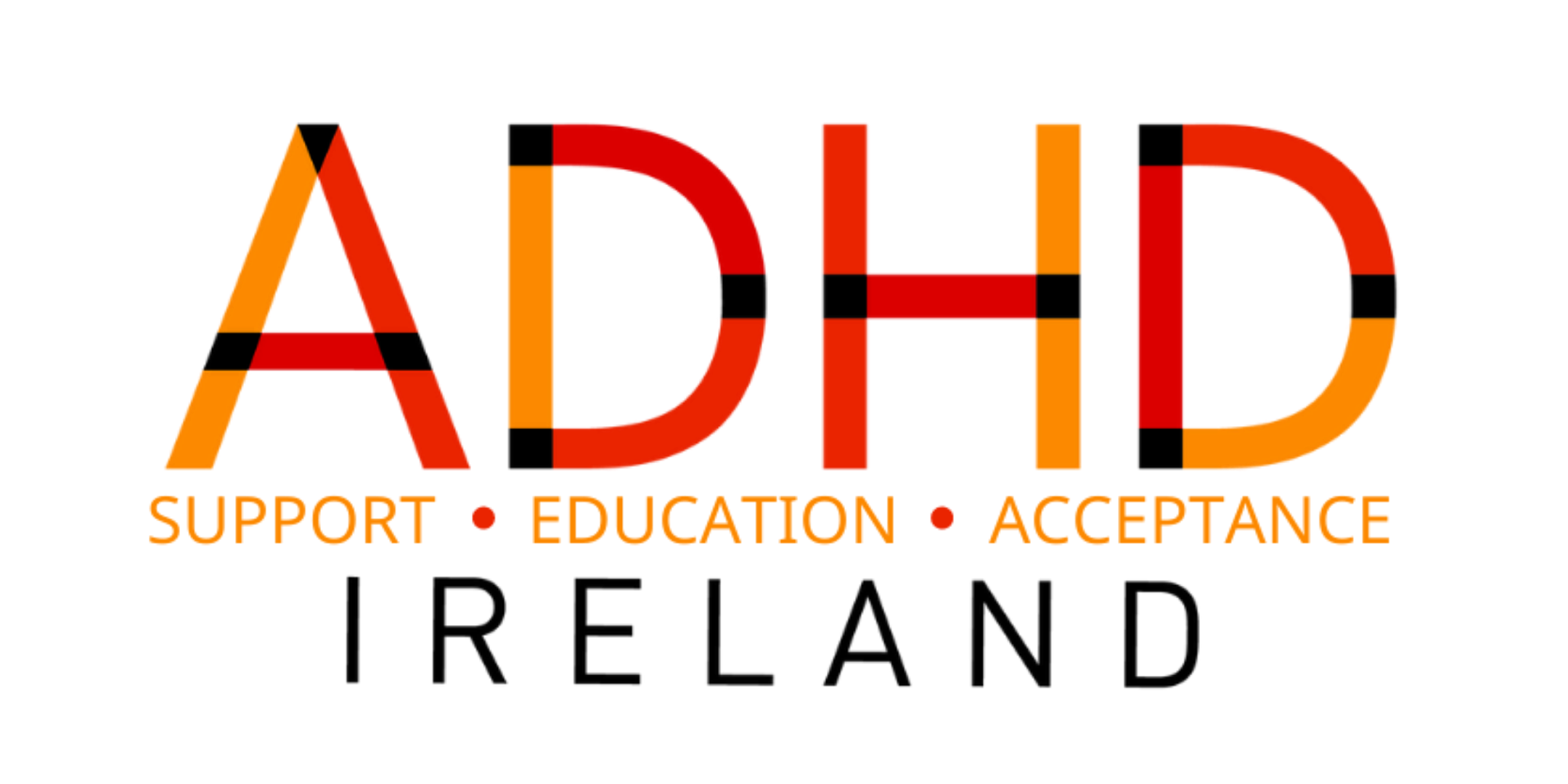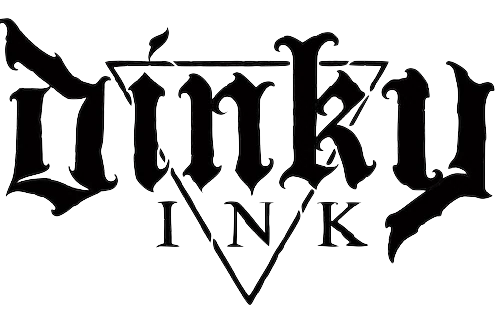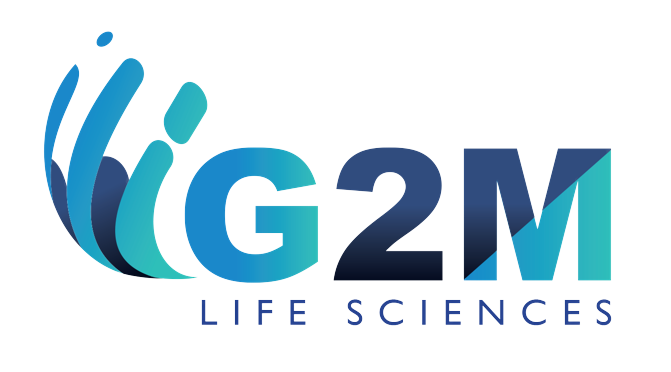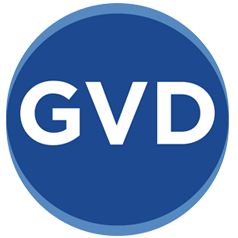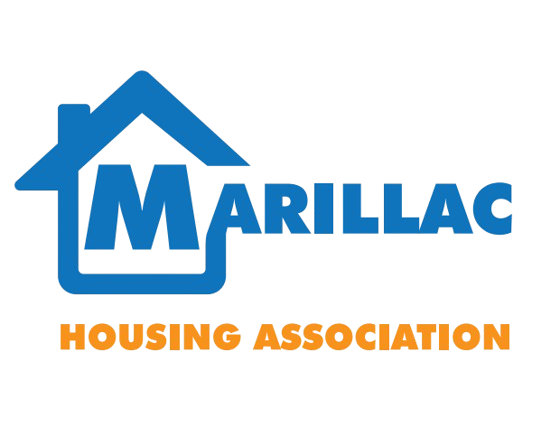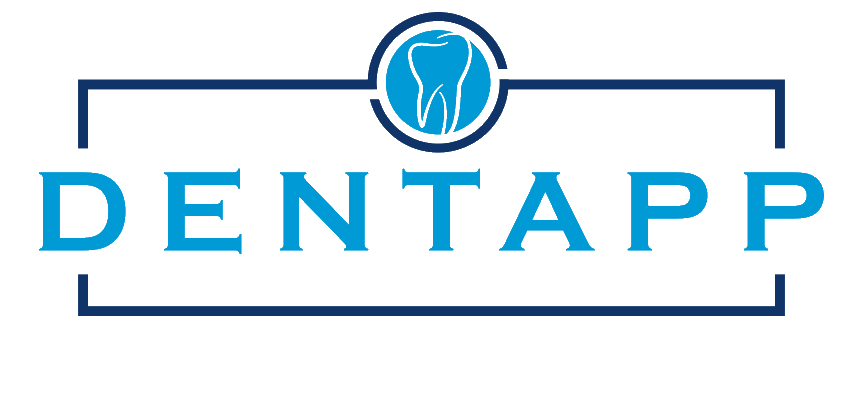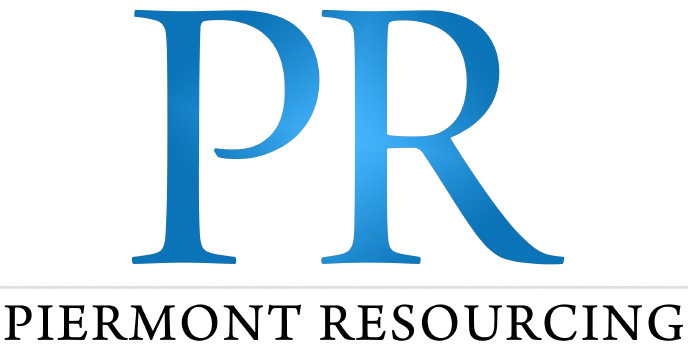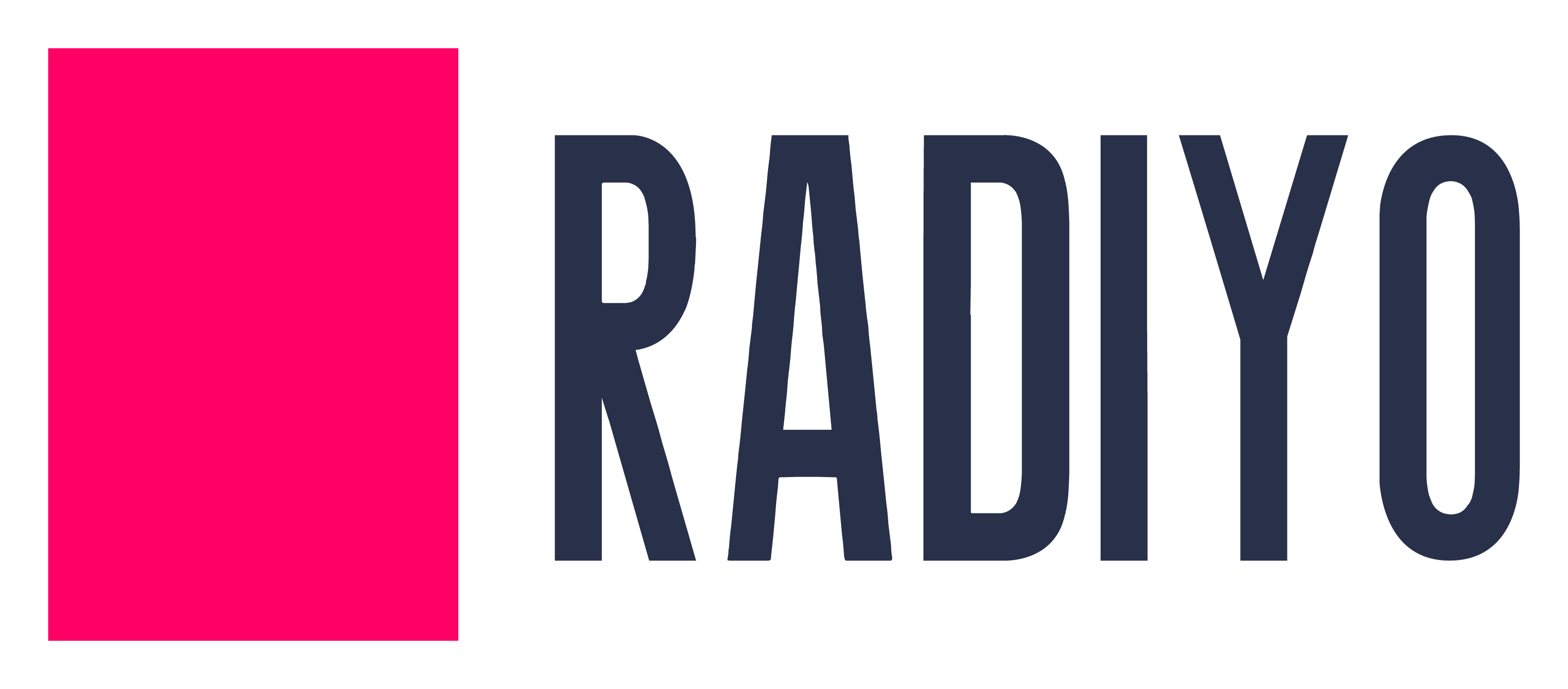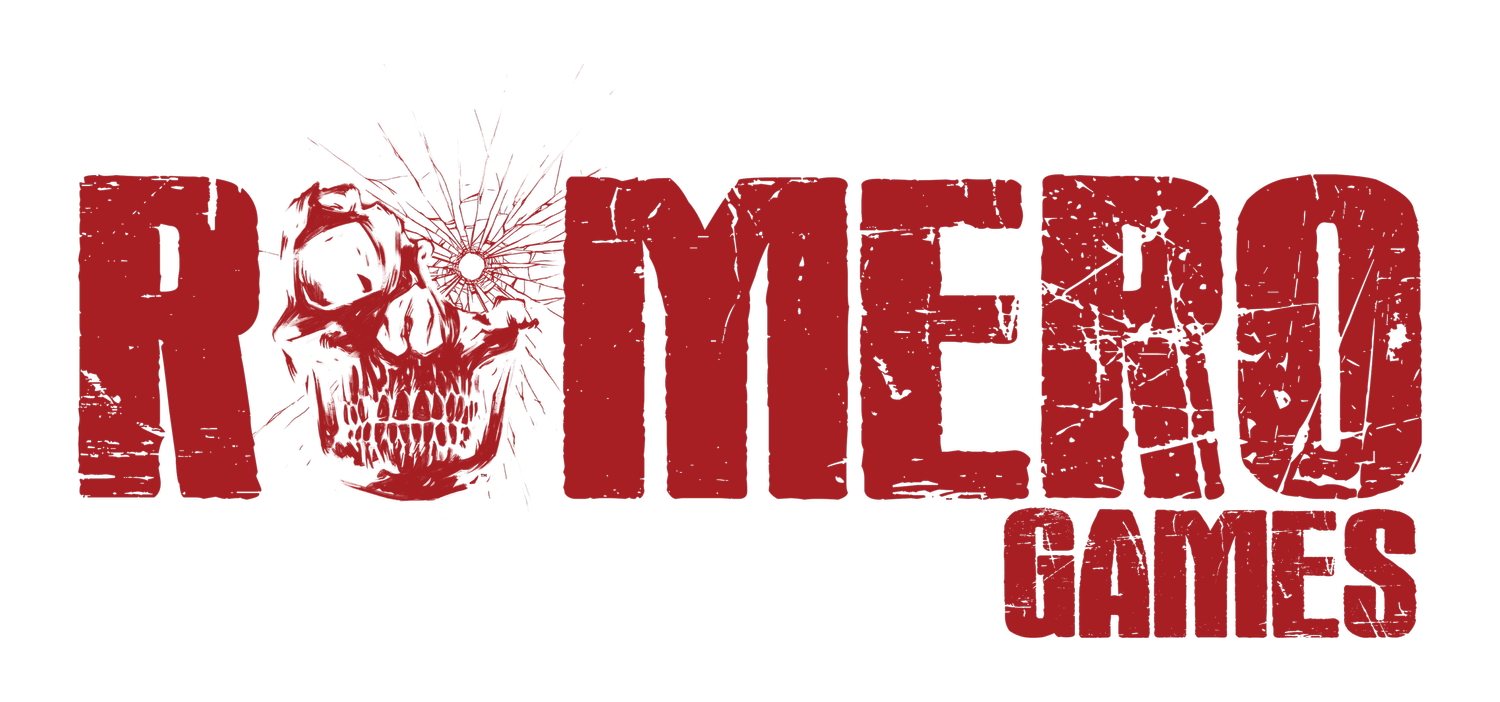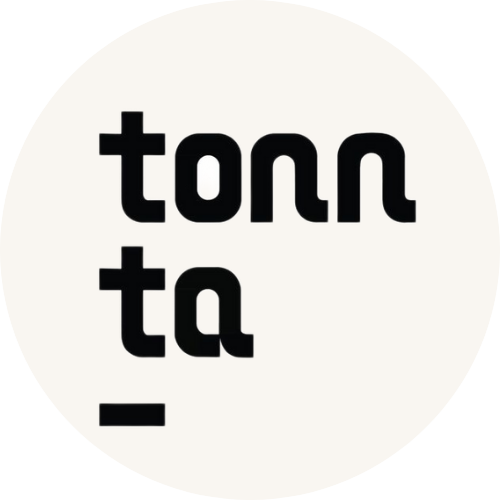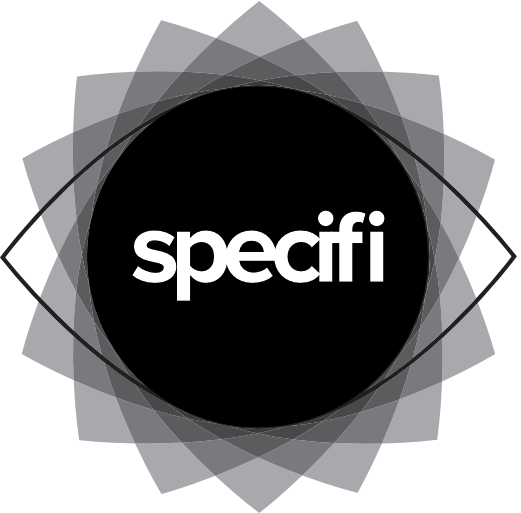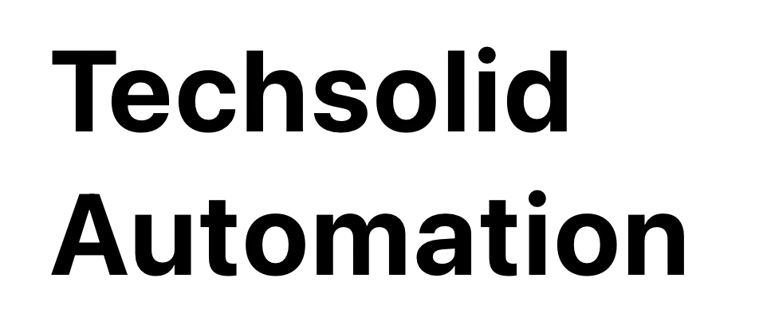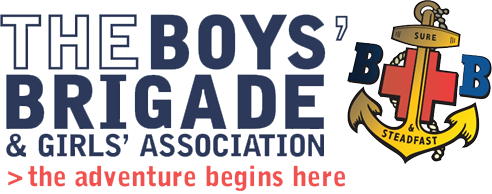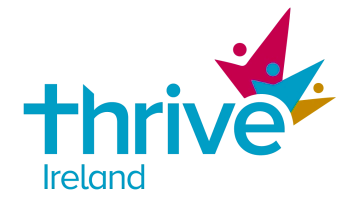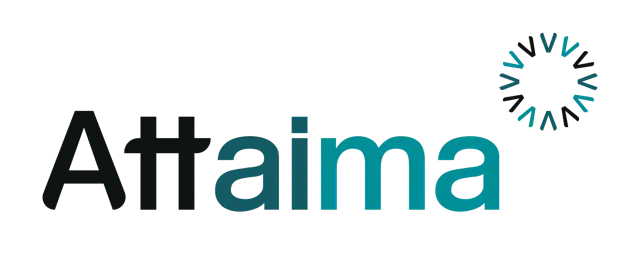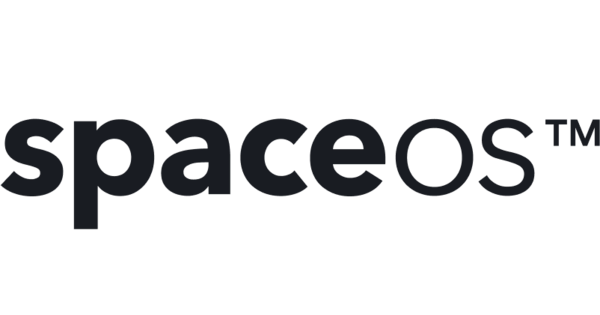Navigate the intricacies of sole trader bookkeeping with our handbook and discover the principles, tax obligations, best practices, and essential tools for a thriving business.
Whether you’re just starting out as a sole trader or looking to fine-tune your financial management skills, this comprehensive guide will cover essential topics such as bookkeeping principles, tax obligations, record-keeping best practices, and common pitfalls to avoid.
We’ll also recommend some invaluable bookkeeping tools to streamline your processes and highlight the legal requirements you need to stay compliant while effectively managing your business finances.
Let’s dive in to master the art of bookkeeping and ensure the success of your sole trader business venture.
10 Key Bookkeeping Points for Sole traders in Ireland
- Keep personal and business finances separate with a dedicated business bank account.
- Use accounting software to automate and streamline record keeping.
- Reconcile bank statements monthly to identify discrepancies.
- Log all expenses, however small, and retain receipts for 6 years.
- Correctly categorise one-off purchases
- Pay yourself correctly as owner’s drawings, not wages.
- Restrict employee access to finances and maintain oversight.
- Communicate all transactions to the bookkeeper.
- Check supplier balances regularly and follow up on unpaid invoices.
- File taxes on time by 31 October including preliminary tax.
12 Basic Bookkeeping Principles for Sole Traders in Ireland
The fundamental bookkeeping principles that every sole trader should know to ensure financial stability for your solo business venture.
- Keep business and personal finances completely separate with a dedicated business bank account.
- Use accounting software like Xero to automate bookkeeping processes.
- This saves time through bank feeds, reporting, and integrations.
- Perform a monthly bank reconciliation to match statements to accounting records. This identifies discrepancies early.
- Log all expenses related to the business, no matter how small. Retain receipts for 6 years as required by law.
- Expenses can be deducted from profits to reduce income tax liability.
- Correctly categorize one-off purchases over €200 as assets, not expenses. This includes equipment, machinery, electronics etc.
- As a sole trader, do not log drawings as wages. Pay yourself correctly as owner’s drawings.
- Give employees access only on a need-to-know basis for bookkeeping. Maintain oversight and implement checks.
- Communicate all transactions to the bookkeeper, e.g. owner payments, cash sales, employee bonuses.
- Regularly check supplier balances and follow up on any unpaid invoices quickly. This maintains positive supplier relationships.
- File taxes on time by 31 October deadline each year to avoid penalties, including preliminary tax.
9 Main Tax Obligations for Sole Traders in Ireland
Navigating the tax landscape as a sole trader can be a complex endeavour. In this section, we’ll highlight the key tax obligations you need to know, ensuring you stay compliant and manage your finances effectively as a sole trader.
- Must register for income tax and receive a tax reference number from Revenue.
- Liable for income tax, USC if income above €13,000, and Class S PRSI of 4%.
- Must pay preliminary tax by 31 October based on estimate of current year liability.
- Should register for VAT if turnover exceeds €37,500 for services.
- Must operate PAYE payroll system and deduct taxes if employing staff.
- May need to register for Relevant Contracts Tax (RCT) as principal contractor.
- Must file Income Tax Return by 31 October each year via Revenue’s ROS system.
- Can claim tax deductible business expenses to reduce tax liability.
- Records must be kept for 6 years and produced in the event of a Revenue audit.
11 Best Record Keeping Best Practices for Sole Traders in Ireland
The key to financial success as a sole trader is to understand the best practices of record keeping and to implement strategies that help you streamline bookkeeping and ensure compliance with Irish regulations.
- Use accounting software like Xero to automate recording of income and expenses.
- Scan or photograph paper receipts and upload to accounting system.
- Reconcile business bank account to accounting system monthly.
- Create and send sales invoices promptly and follow up on payment.
- Log all business expenses when they occur – do not rely on memory.
- Record business mileage undertaken for tax deductions.
- Maintain an asset register for items over €200.
- Keep payroll records including P60s and P45s if employing staff.
- Retain insurance documents, contracts, and other financial records
- Store records securely for 6 years after the tax year.
- Consider outsourcing bookkeeping and tax returns to an accountant.
11 Most Common Bookkeeping Mistakes Sole Traders in Ireland Make
In the fast-paced business ecosystem sole traders can make vital bookkeeping errors that can lead to significant consequences. In-order to avoid these we have listed most common bookkeeping mistakes that many sole traders unwittingly make and learn how to steer clear of these pitfalls and ensure the smooth financial management of your business.
- Not reconciling bank accounts leading to errors.
- Missing out small expenses and losing receipts.
- Incorrect categorization of expenses and assets.
- Paying themselves wages instead of owner’s drawings.
- Giving employees too much financial access.
- Not communicating owner transactions to bookkeeper.
- Failing to issue invoices promptly or follow up on payment.
- Not checking supplier balances regularly.
- Using personal bank account for business transactions.
- Not retaining adequate records and receipts.
- Filing tax returns and paying preliminary tax late.
5 Top Recommended Bookkeeping Tools for Sole Traders in Ireland
Streamline financial tasks and make bookkeeping simple with our top recommended software and tools to help you efficiently manage your finances, stay organized, and ensure compliance with ease.
- Xero – Leading cloud accounting software with bank reconciliation, invoicing, reporting, and add-ons.
- QuickBooks – Popular accounting software for SMEs.
- Sage Accounting – Desktop and cloud accounting software.
- Dext / Hubdoc – Scans and extracts key data from receipts and invoices.
- Excel – Spreadsheet for manual bookkeeping.
9 Legal Requirements for Bookkeeping as a Sole Trader in Ireland
Navigating the Irish business landscape as a sole trader requires a clear understanding of the legal obligations surrounding bookkeeping. To ensure that your financial records are not only accurate but also fully compliant with the law here is an extract of the essential legal requirements you need to adhere to.
- Must keep adequate business records under Section 886 TCA 1997.
- Records must be kept for 6 years after the tax year.
- Financial records must clearly show the accounting process.
- Sole traders are legally responsible for maintaining records.
- Records can be physical or digital but must be accessible.
- Revenue can request to inspect records at any time.
- Inadequate records can incur penalties under Section 1052 TCA 1997.
- Examples of records required: invoices, bank statements, receipts, accounts.
- Using an accountant does not remove legal responsibility.
Quick Information
Ready to optimise your financial strategies?

Conclusion
Accurate and timely bookkeeping is essential for sole traders in Ireland to maintain tax compliance, maximise deductions, avoid penalties, and understand their finances. Following best practices around record keeping, transaction logging, supplier management, and using the right tools can save significant time and money.
Source : Revenue.ie



